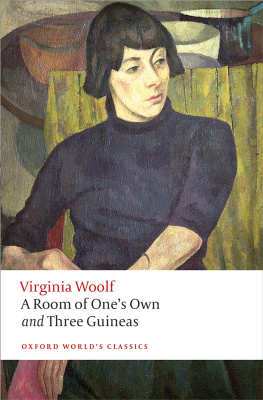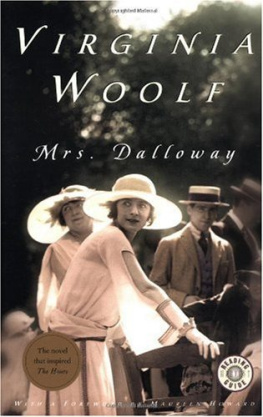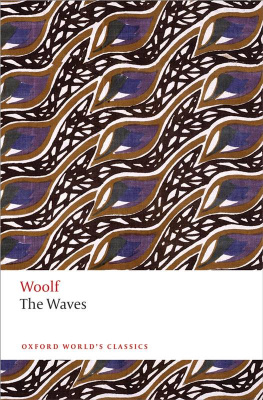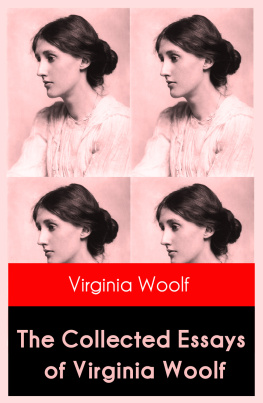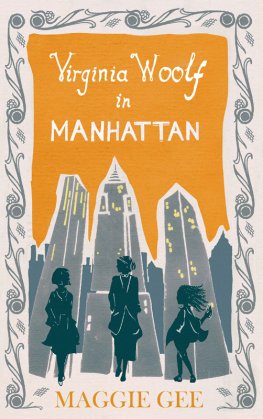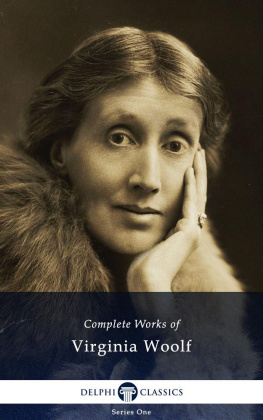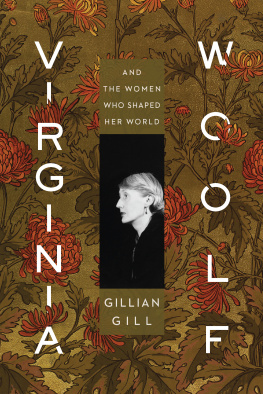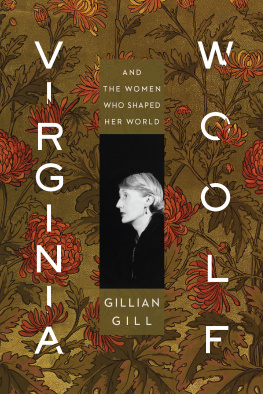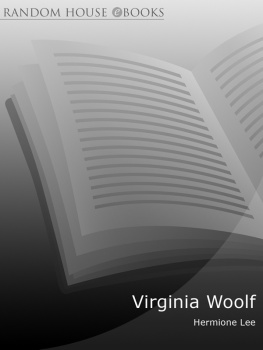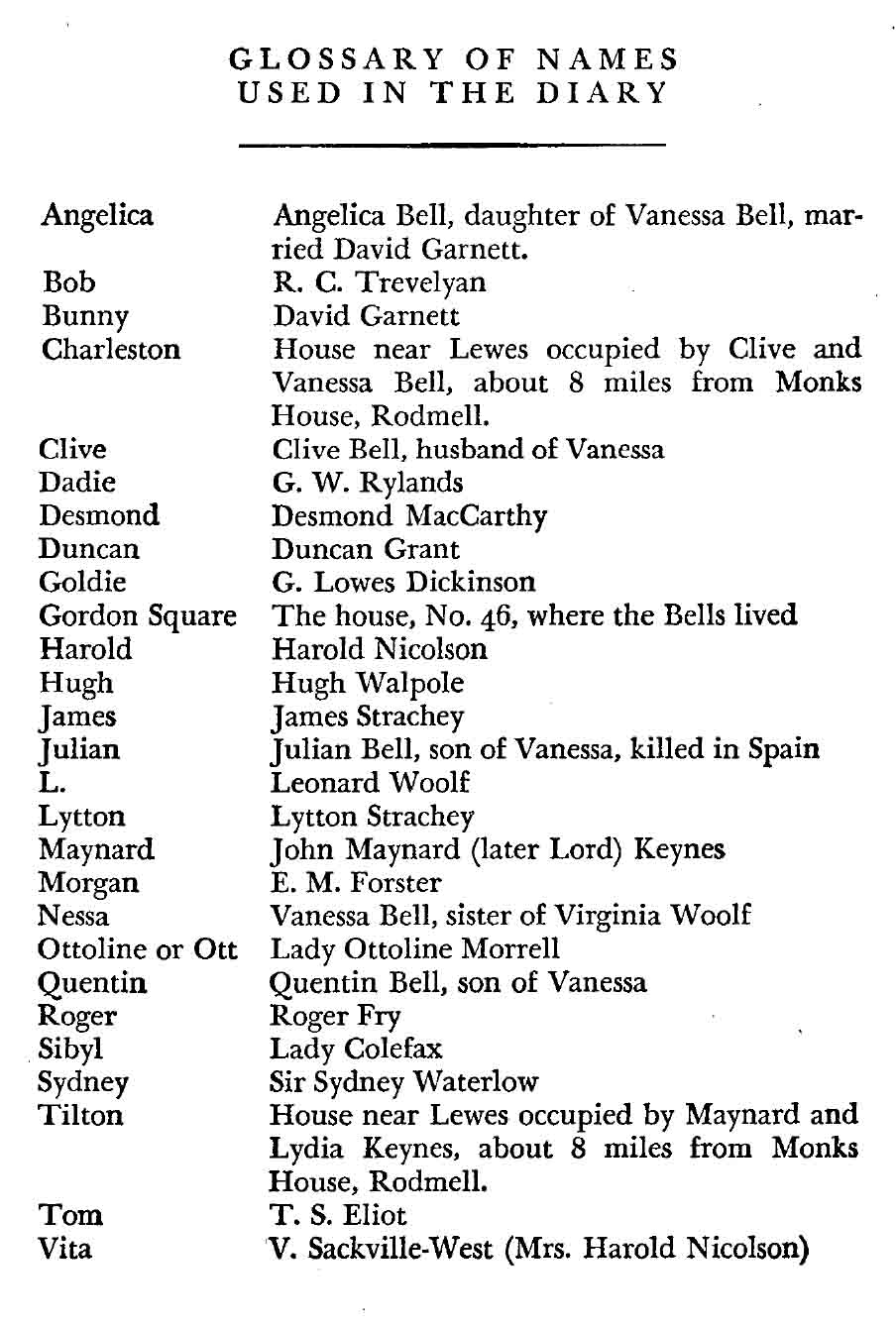
1918
Monday, August 4th
While waiting to buy a book in which to record my impressions first of Christina Rossetti, then of Byron, I had better write them here. For one thing I have hardly any money left, having bought Leconte de Lisle in great quantities. Christine has the great distinction of being a born poet, as she seems to have known very well herself. But if I were bringing a case against God she is one of the first witnesses I should call. It is melancholy reading. First she starved herself of love, which meant also life; then of poetry in deference to what she thought her religion demanded. There were two good suitors. The first indeed had his peculiarities. He had a conscience. She could only marry a particular shade of Christian. He could only stay that shade for a few months at a time. Finally he developed Roman Catholicism and was lost. Worse still was the case of Mr. Collinsa really delightful scholaran unworldly reclusea single-minded worshipper of Christina, who could never be brought into the fold at all. On this account she could only visit him affectionately in his lodgings, which she did to the end of her life. Poetry was castrated too. She would set herself to do the psalms into verse; and to make all her poetry subservient to the Christian doctrines. Consequently, as I think, she starved into austere emaciation a very fine original gift, which only wanted licence to take to itself a far finer form than, shall we say, Mrs. Browning's. She wrote very easily; in a spontaneous childlike kind of way one imagines, as is the case generally with a true gift; still undeveloped. She has the natural singing power. She thinks too. She has fancy. She could, one is profane enough to guess, have been ribald and witty. And, as a reward for all her sacrifices, she died in terror, uncertain of salvation. I confess though that I have only turned her poetry over, making my way inevitably to the ones I knew already.
Wednesday, August 7th
Asheham diary drains off my meticulous observations of flowers, clouds, beetles and the price of eggs; and, being alone, there is no other event to record. Our tragedy has been the squashing of a caterpillar; our excitement the return of the servants from Lewes last night, laden with all L.'s war books and the English review for me, with Brailsford upon a League of Nations, and Katherine Mansfield on Bliss. I threw down Bliss with the exclamation, "She's done for!" Indeed I don't see how much faith in her as woman or writer can survive that sort of story. I shall have to accept the fact, I'm afraid, that her mind is a very thin soil, laid an inch or two deep upon very barren rock. For Bliss is long enough to give her a chance of going deeper. Instead she is content with superficial smartness; and the whole conception is poor, cheap, not the vision, however imperfect, of an interesting mind. She writes badly too. And the effect was as I say, to give me an impression of her callousness and hardness as a human being. I shall read it again; but I don't suppose I shall change. She'll go on doing this sort of thing, perfectly to her and Murry's satisfaction. I'm relieved now that they didn't come. Or is it absurd to read all this criticism of her personally into a story?
Anyhow I was very glad to go on with my Byron. He has at least the male virtues. In fact, I'm amused to find how easily I can imagine the effect he had upon womenespecially upon rather stupid or uneducated women, unable to stand up to him. So many, too, would wish to reclaim him. Ever since I was a child (as Gertler would say, as if it proved him a particularly remarkable person) I've had the habit of getting full of some biography and wanting to build up my imaginary figure of the person with every scrap of news I could find about him. During the passion, the name of Cowper or Byron or whoever it might be, seemed to start up in the most unlikely pages. And then, suddenly, the figure becomes distant and merely one of the usual dead. I'm much impressed by the extreme badness of B.'s poetrysuch of it as Moore quotes with almost speechless admiration. Why did they think this Album stuff the finest fire of poetry? It reads hardly better than L. E. L. or Ella Wheeler Wilcox. And they dissuaded him from doing what he knew he could do, which was to write satire. He came home from the East with satires (parodies of Horace) in his bag and Childe Harold. He was persuaded that Childe Harold was the best poem ever written. But he never as a young man believed in his poetry; a proof, in such a confident dogmatic person, that he hadn't the gift. The Wordsworths and Keatses believe in that as much as they believe in anything. In his. character, I'm often reminded a little of Rupert Brooke, though this is to Rupert's disadvantage. At any rate Byron had superb force; his letters prove it. He had in many ways a very fine nature too; though as no one laughed him out of his affectations he became more like Horace Cole than one could wish. He could only be laughed at by a woman, and they worshipped instead. I haven't yet come to Lady Byron, but I suppose, instead of laughing, she merely disapproved. And so he became Byronic.
Friday, August 8th
In the absence of human interest, which makes us peaceful and content, one may as well go on with Byron. Having indicated that I am ready, after a century, to fall in love with him, I suppose my judgment of Don Juan may be partial. It is the most readable poem of its length ever written, I suppose: a quality which it owes in part to the springy random haphazard galloping nature of its method. This method is a discovery by itself. It's what one has looked for in vainan elastic shape which will hold whatever you choose to put into it. Thus he could write out his mood as it came to him; he could say whatever came into his head. He wasn't committed to be poetical; and thus escaped his evil genius of the false romantic and imaginative. When he is serious he is sincere: and he can impinge upon any subject he likes. He writes 16 cantos without once flogging his flanks. He had, evidently, the able witty mind of what my father Sir Leslie would have called a thoroughly masculine nature. I maintain that these illicit kinds of book are far more interesting than the proper books which respect illusions devoutly all the time. Still, it doesn't seem an easy example to follow; and indeed like all free and easy things, only the skilled and mature really bring them off successfully. But Byron was full of ideasa quality that gives his verse a toughness and drives me to little excursions over the surrounding landscape or room in the middle of my reading. And tonight I shall have the pleasure of finishing himthough why considering that I've enjoyed almost every stanza, this should be a pleasure I really don't know. But so it always is, whether the book's a good book or a bad book. Maynard Keynes admitted in the same way that he always cuts off the advertisements at the end with one hand while he's reading, so as to know exactly how much he has to get through.
Monday, August 19th
I finished by the way the Electra of Sophocles, which has been dragging on down here, though it's not so fearfully difficult after all. The thing that always impresses me fresh is the superb nature of the story. It seems hardly possible not to make a good play of it. This perhaps is the result of having traditional plots which have been made and improved and freed from superfluities by the polish of innumerable actors and authors and critics, till it becomes like a lump of glass worn smooth in the sea. Also, if everyone in the audience knows beforehand what is going to happen, much finer and subtler touches will tell, and words can be spared. At any rate my feeling always is that one can't read too carefully, or attach enough weight to every line and hint; and that the apparent bareness is only on the surface. There does, however, remain the question of reading the wrong emotions into the text. I am generally humiliated to find how much Jebb is able to see; my only doubt is whether he doesn't see too muchas I think one might do with a bad modem English play if one set to work. Finally, the particular charm of Greek remains as strong and as difficult to account for as ever. One feels the immeasurable difference between the text and the translation with the first words. The heroic woman is much the same in Greece and England. She is of the type of Emily Bronte. Clytaemnestra and Electra are clearly mother and daughter, and therefore should have some sympathy, though perhaps sympathy gone wrong breeds the fiercest hate. E. is the type of woman who upholds the family above everything; the father. She has more veneration for tradition than the sons of the house; feels herself born of the father's side and not of the mother's. It's strange to notice how although the conventions are perfectly false and ridiculous, they never appear petty or undignified as our English conventions are constantly made to do. Electra lived a far more hedged in life than the women of the mid-Victorian age, but this has no effect upon her, except in making her harsh and splendid. She could not go out for a walk alone; with us it would be a case of a maid and a hansom cab.
Next page


